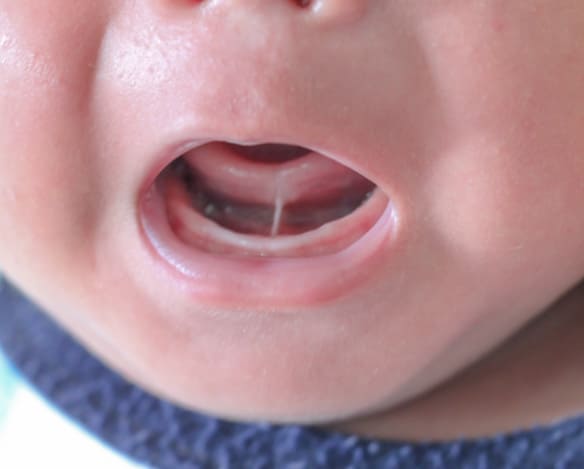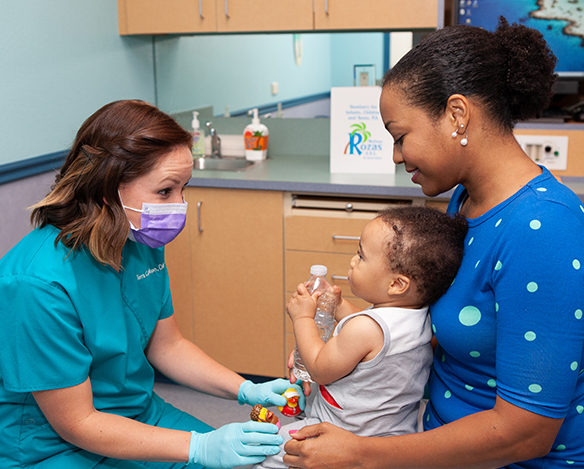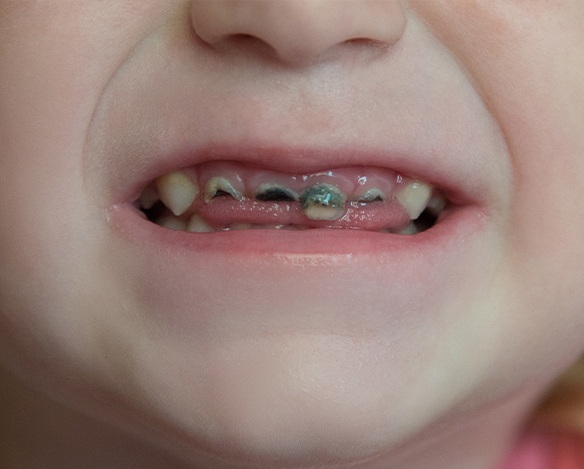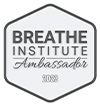INFANT ORAL HEALTH – COPPELL, TX
Infant Oral Health
Dr. Rozas and her associates are Board Certified Pediatric Dentists with over 30 years of education and experience oral growth, development, and care of children. We are here to take care of your child from infancy to those teenage years. Our goal is to provide you with information, guidance, and skills so that your child will not only have excellent oral hygiene, but also a healthy smile. At each evaluation, your child receives a thorough exam which includes structures like teeth, gums, and tongue, but each exam also includes an evaluation of their occlusion, eruption issues, pathology exam, and evaluation for any oral habits that could disturb their mouth’s form or function.
Infant Oral Health

Giving your child the best start to a healthy smile actually begins before the first tooth erupts. We recommend cleaning their gums at least once a day, or after their feeding by using a soft cloth or a clean gauze pad with your finger pressed into it as you move along gums. Once teeth start to erupt (around the age of 6 months) making sure to wipe any excess milk away after each feeding. We do not recommend using toothpaste until they are two years of age. Good brushing habits starting at an early age can help prevent cavities in the future.
Dr. Rozas and her team are experienced with teaching new parents how to take care of their baby’s mouth and teeth. The exams on infants are quick and easy, and so educational. Not only do parents receive oral hygiene instructions, but Dr. Rozas will also exam the baby’s mouth for any structural issues like tight frenums (tongue-tie/lip tie) but also, they will assess the arches for spacing issues.
Perinatal

The American Academy of Pediatric Dentistry (AAPD) recommends that all pregnant women receive oral healthcare and counseling during pregnancy. Research has shown evidence that periodontal disease can increase the risk of preterm birth and low birth weight. Talk to your doctor or dentist about ways you can prevent periodontal disease during pregnancy.
Additionally, mothers with poor oral health may be at a greater risk of passing the bacteria which causes cavities to their young children. Mother’s should follow these simple steps to decrease the risk of spreading cavity-causing bacteria:
- Visit your dentist regularly.
- Brush and floss on a daily basis to reduce bacterial plaque.
- Proper diet, with the reduction of beverages and foods high in sugar & starch.
- Use a fluoridated toothpaste recommended by the ADA and rinse every night with an alcohol-free, over-the-counter mouth rinse with .05 % sodium fluoride in order to reduce plaque levels.
- Don’t share utensils, cups or food which can cause the transmission of cavity-causing bacteria to your children.
- Use of xylitol chewing gum (4 pieces per day by the mother) can decrease a child’s caries rate.
Tongue Ties & Oral Restrictions

Restrictive oral ties (lip and tongue ties) can cause difficulty with latching and nursing -even with bottles. If you suspect your infant has oral ties, please see the video and take our tongue tie assessment at the bottom of this page . Dr. Rozas is trained to evaluate infants and treat these oral restrictions if needed. Please contact our office for more information.
Your Child’s First Dental Visit

The American Academy of Pediatrics (AAP), The American Dental Association (ADA), and the American Academy of Pediatric Dentistry (AAPD) all recommend establishing a “Dental Home” and having the first dental visit by age one. Children that see a dentist early in life are more likely to receive appropriate preventive care, have less need for dental restorations, and a better plan with regards to growth and development.
When Will My Baby Start Teething

Having a teething baby is likely to leave you feeling tired, unhappy, and helpless. Watching your child cry because of the pain caused by tooth eruption is never easy. Between the late nights spent rocking them to sleep to the cold teethers to soothe their aching gums, you hope it will be over soon but long to find the right solution to help your baby. As a pediatric dentist, Dr. Rozas understands this feeling all too well. With children of her own, she, too, knows how it feels to be in your shoes. Fortunately, she and Dr. Compton are here to provide helpful tips and tricks to ensure you and your baby move through this phase as swiftly as possible. If you could use some advice to help your little one who’s teething from our pediatric dentist, contact our dental office to schedule an appointment today.
Thumb & Pacifier Use

Many babies will use a pacifier to self soothe themselves to sleep. Using a pacifier once the primary teeth have erupted my result in tooth and arch shape malformation. Pacifiers tend to create a low tongue posture and possibly tongue thrust. We recommend the pacifier be removed by age 6 months or sooner. Prolonged use can cause distortion of teeth and skeletal growth and affect speech and swallowing. We have some great ideas on how to give up the pacifier if your little one is attached. Never use a pacifier that is attached to a blanket or stuffed animal as these put more orthodontic forces on the jaws and teeth, inhibiting proper growth.
Unlink pacifier that can be thrown or given away, thumbs are attached and with the child all the time. For this reason, thumb and finger habits are harder to give up, and we want to wait until the child is ready to quit. Most of the time, this will be closer to age 4 or 4 ½. We have a wonderful program that we can give you to work with your child when the time is right. Our goal is to have them give up the habit in a positive manner before age 5.
Early Childhood Caries

One of the more serious forms of childhood decay out there is baby bottle tooth decay, formally known as Early Childhood Caries. This form of decay starts when the infant’s teeth are exposed to liquids that contain sugar for long periods of time. These liquids could be breast milk, formula, milk, fruit juice, and any other sweetened drink.
The best way to avoid Early Childhood Caries is to not let your child sleep with a bottle at night and to clean their teeth before they lay down to sleep. Also, make sure to see the pediatric dentist by age one or earlier if you suspect that there are cavities starting.












